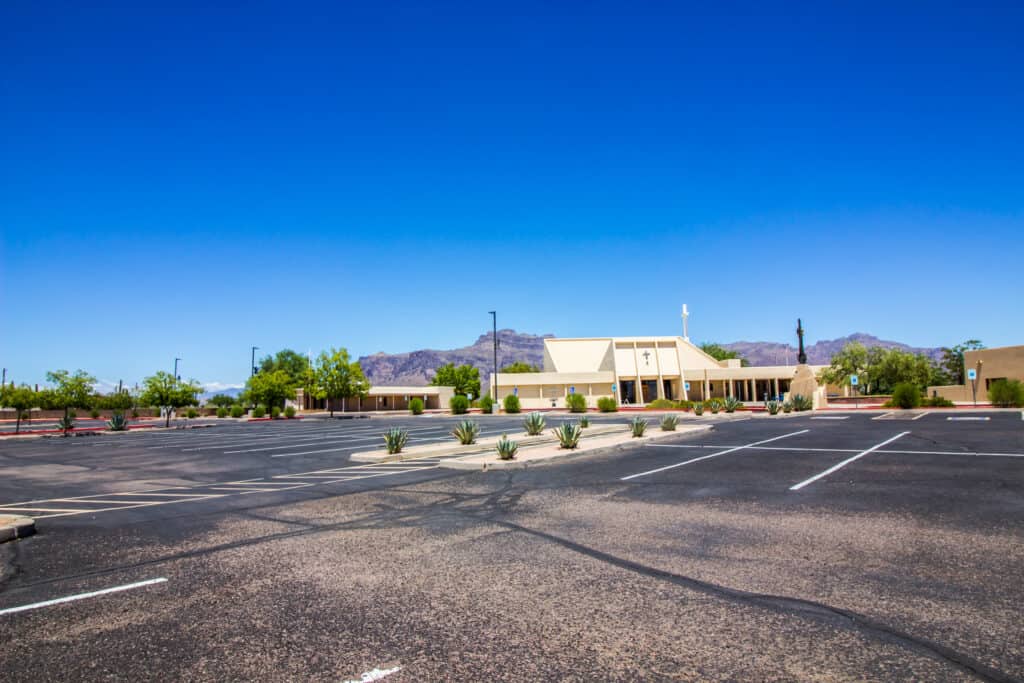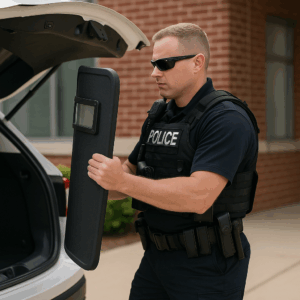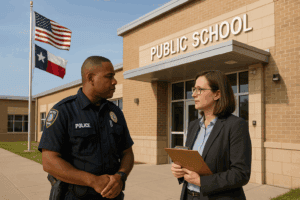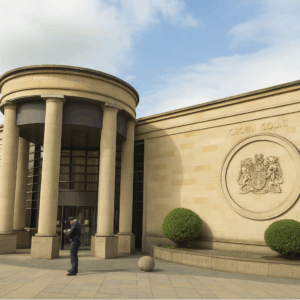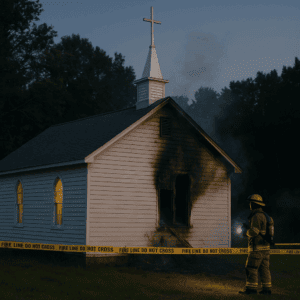Churches occupy a unique place in society, often seen as open and welcoming spaces for worship, fellowship, and community events.
However, when it comes to legal and operational considerations, the question arises: are churches public or private property?
The short answer is that churches are private property.
Here’s a closer look at why this distinction matters and what it means for churches, their leadership, and the community.
Why Churches Are Considered Private Property
- Ownership and Control
Churches are typically owned and managed by private organizations, such as a congregation, a diocese, or a larger religious entity. The leadership of the church (e.g., pastors, elders, or a church board) determines how the property is used, who has access, and what rules govern behavior on the premises. - Access Is Conditional
While churches may be open to the public for worship services, events, or community outreach, access is not unrestricted. Church leadership can set conditions for entry, such as prohibiting certain activities, requiring adherence to a code of conduct, or closing the property to the public at specific times. - Legal Protections
As private property, churches are protected under trespassing laws. This means that individuals who refuse to leave when asked, or who engage in prohibited behavior, can be legally removed and may face consequences.
Public Perception vs. Legal Reality
The open nature of churches can sometimes blur the lines between public and private property. For example:
- Community Events: Churches often host events that are open to the public, such as food drives, weddings, or meetings. While these events may feel public, they take place on private property, and the church retains the right to set the rules.
- First Amendment Misconceptions: Some people mistakenly believe that their rights to free speech or assembly extend onto church property. However, these constitutional rights apply to public spaces and do not override a church’s authority to manage its private property.
Why This Matters for Churches
Understanding the private property status of churches is essential for protecting their operations and maintaining a safe environment. Here are a few key considerations:
- Security and Safety
Churches must establish clear guidelines for property use to ensure safety and security. This includes defining policies for disruptive behavior, managing protests, and controlling access to sensitive areas such as offices or classrooms. - Insurance and Liability
As private property owners, churches bear responsibility for injuries or incidents on their premises. Having clear policies in place and securing appropriate liability insurance is vital to minimize risks. - Property Rights Enforcement
Churches can enforce their property rights when necessary, including removing individuals who violate policies or cause disruptions. This ensures the space remains conducive to worship and community activities.
The Role of the Church in the Community
Despite their private property status, many churches play a public-facing role in their communities.
They provide essential services such as food pantries, counseling, and shelter, often partnering with public entities or nonprofits to address local needs.
This dual role requires balancing open-door policies with maintaining boundaries that protect the church’s mission and operations.
Final Thoughts
While churches may feel like public spaces due to their community-centered activities, they are legally private property.
Church leaders should be proactive in understanding their rights and responsibilities as property owners.
This includes developing policies that ensure safety, security, and alignment with their mission.
If your church needs guidance, reach out to us.
Our team offers tailored risk assessments, security training, and strategic planning to help churches protect their mission and serve their communities effectively.
Contact us today for a consultation.

